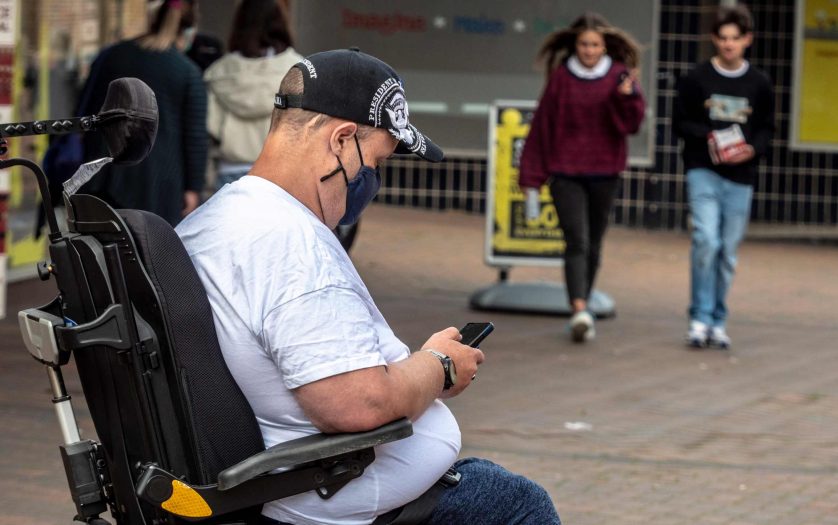
The Royal Commission has today released an Overview of responses to the Impact of, and responses to, the Omicron wave of the COVID-19 pandemic for people with disability Issues paper.
The Issues paper was released on 25 March 2022 and invited the public to share information so the Royal Commission can better understand how people with disability were impacted during the Omicron wave of the COVID-19 pandemic.
Respondents told the Royal Commission:
- governments did not consider the needs of people with disability when mandating restrictions, setting up vaccination hubs or providing updated information on the pandemic
- people with disability had trouble accessing vital personal protective equipment (PPE) and rapid antigen tests (RATs)
- disability services were disrupted or suspended, making it hard to access disability support workers, leading some people to rely instead on family members for support
- people with disability were denied, or chose to postpone, health care services and routine health checks due to reduced hospital staff. These issues were exacerbated for people with disability living in remote or regional areas.
Proposals for change
- Respondents proposed a wide range of changes to current government policies and procedures including:
- greater funding is needed for disability advocacy organisations during national emergencies
- direct support is necessary for people with disability and their families during pandemics so they can access care including mental health support, food and medication, and continued in-home and emergency respite care
- booking systems and drop-in services for vaccines and boosters should all be made accessible, as well as in-home vaccinations for people who need them
- organised consultations should occur with peak disability organisations and the disability community regarding all areas of pandemic planning and decision-making.
The Issues paper was released following the Statement of Ongoing Concern published by the Royal Commission in February 2022. The statement noted that the Royal Commission remained deeply concerned that people with disability were still not being appropriately prioritised during the current phase of the pandemic in relation to health care, disability support and the vaccine/booster rollout.








